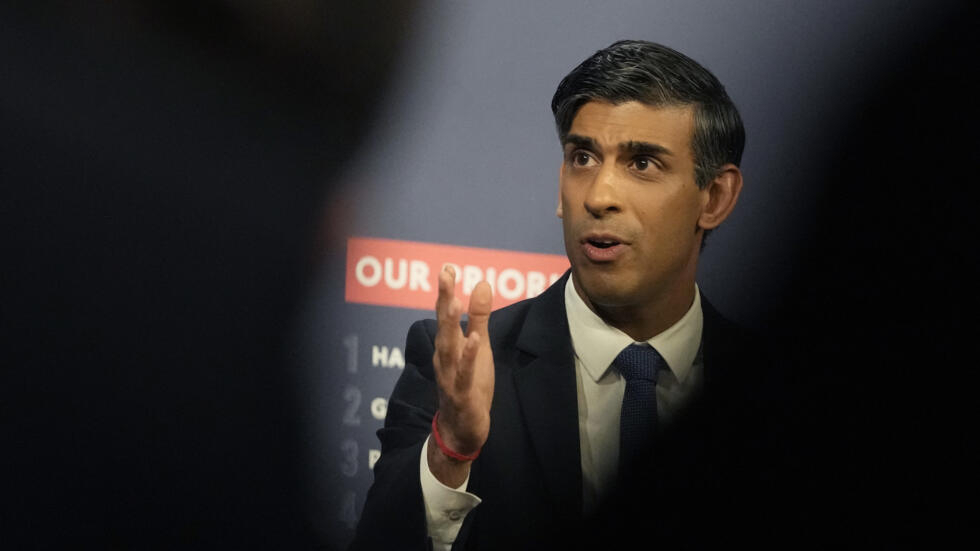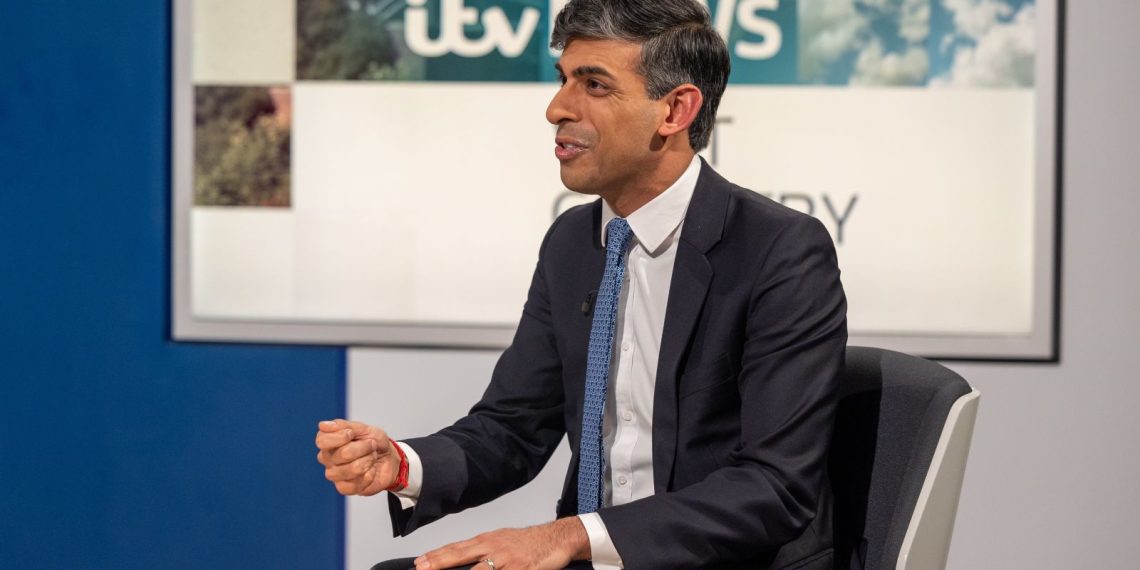British Prime Minister Rishi Sunak dispelled speculation of an early May general election, signaling a likelihood of a later date this year. His statement, the strongest yet, addressed opposition pressure pushing for an imminent vote.
Sunak clarified to ITV West Country that a general election wouldn’t coincide with local elections on May 2, effectively ruling out that possibility. Organizing two sets of elections within a short span posed logistical challenges, making May an improbable choice.

Facing a turbulent week marked by a former Conservative deputy chair’s defection and scrutiny over unreturned donations amidst a racism controversy, Sunak’s decision brought clarity to ongoing speculation.
Previously hesitant to pinpoint an election timeline, Sunak had vaguely suggested the second half of the year for a potential vote. Polls, however, forecast a Conservative Party defeat, with Labour leading by a substantial margin.

Challenges loom for Sunak’s government in fulfilling key promises, including curbing small boat asylum arrivals, bolstering the economy, and reducing hospital waiting lists. Despite achieving the target of halving inflation by 2023, other objectives remain unmet.
While Sunak retains the option of calling an election before January next year, the current political landscape suggests a later date. Opposition parties’ efforts to goad Sunak into an early election seem quashed for now, with logistical and political considerations shaping the decision-making process.





